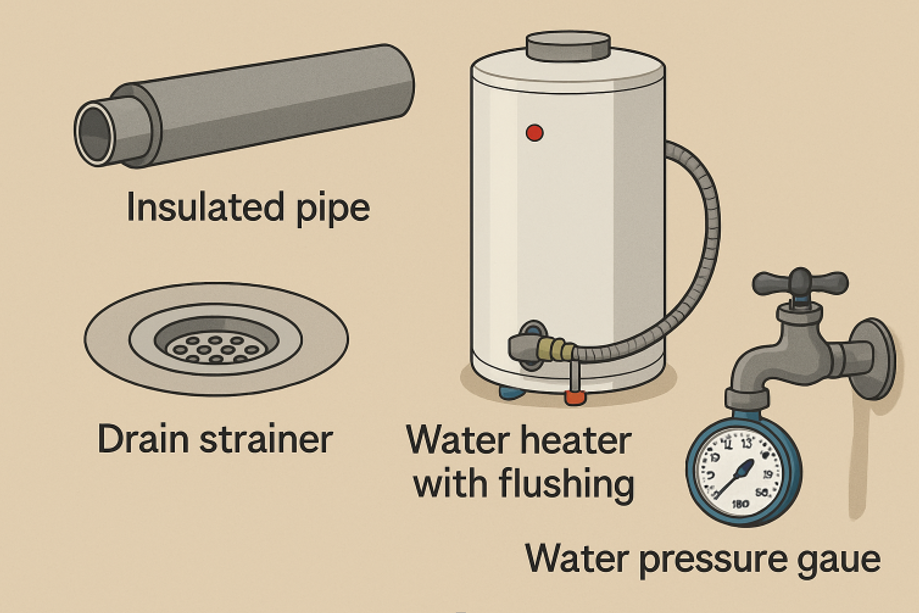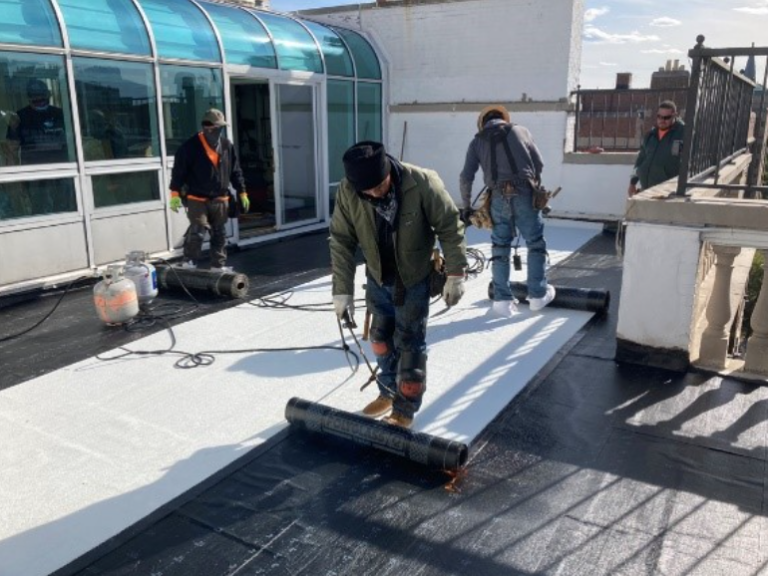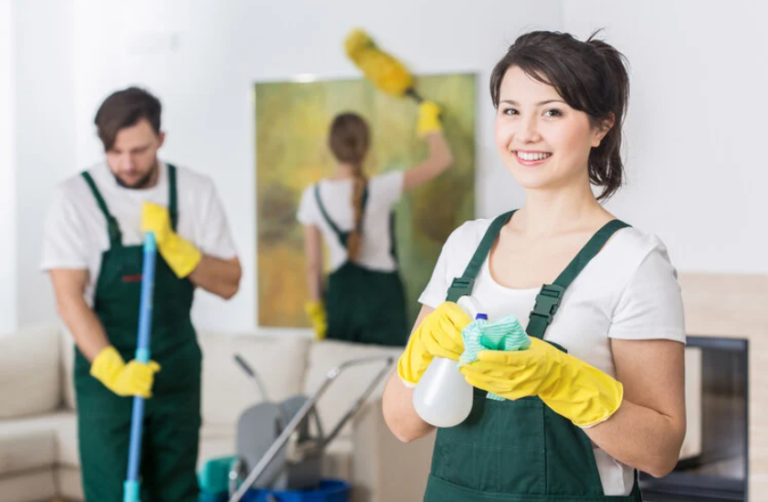The Power of Prevention: Simple Habits for Long-Term Plumbing Health

Maintaining a reliable plumbing system is simpler than many homeowners realize. Routine, mindful habits that don’t take much time are key to keeping your home running smoothly and reducing stress. By focusing on prevention, you can avoid water damage, costly repairs, and emergencies. These issues disrupt daily life and turn your home into a source of anxiety. Knowing a few key habits and where to get help can prevent surprises like flooding, leaks, or loss of hot water. For situations that need immediate attention, emergency plumbing services in Annapolis are always available to help minimize damage and restore your system quickly. Homeowners who take even small preventive steps are setting themselves up for a far more comfortable, worry-free living environment.
With minimal attention to your home’s plumbing, you can ensure smooth operation for years. No need for complex tools or extensive plumbing knowledge—simple routines for checking pipes and fixtures can prevent major repairs. These habits are easy to incorporate into any schedule, whether you’re a new homeowner or have lived in your house for decades. Being proactive extends system life and gives you control, instead of always reacting to problems.
Monitor Your Water Pressure
High water pressure often causes leaks and burst pipes. Plumbing isn’t designed to withstand excessive force over the long term. Residential systems typically operate most efficiently at 40-60 psi, ensuring a steady flow without strain. Test your water pressure with a gauge on an outdoor spigot. If it’s too high, a pressure regulator can prevent damage. Monitoring pressure regularly helps catch issues early, saving on repairs. Experts recommend this simple, effective preventive measure for system longevity and cost savings.
Avoid Chemical Drain Cleaners
Quick fixes like chemical drain cleaners may clear clogs but can weaken pipes over time by eroding materials and damaging seals. Safer, eco-friendly methods like baking soda, vinegar, and hot water are better for minor buildups. Regular maintenance with a drain snake or plunger avoids harsh chemicals and protects plumbing. Being cautious about what goes down drains prolongs pipe life and maintains water quality.
Flush Your Water Heater Annually
Minerals and sediment build up in your water heater over time, creating a barrier that forces it to work harder. Without an annual flush to remove sediment, efficiency drops and lifespan shortens, resulting in higher utility bills and increased risk of failure. Flushing clears blockages, boosts performance, and can detect issues early. Regular maintenance keeps water temperatures steady and prevents costly repairs.
Insulate Exposed Pipes
Pipes that run through unheated spaces—in attics, basements, garages, or exterior walls—are especially vulnerable to freezing in cold weather. When frozen, pipes may crack or burst, unleashing severe water damage throughout your home, which is both disruptive and costly to repair. Applying foam insulation sleeves or heat tape to exposed pipes minimizes this risk and requires only a small upfront investment and a bit of time—an effort that pays dividends throughout the winter. Simple insulation is crucial before winter; thorough preparedness now prevents emergencies and insurance claims later. Additionally, insulating hot water pipes conserves energy by keeping water hotter as it travels through the system, which can help reduce overall energy bills.
Be Mindful of What Goes Down the Drain
Caring for your drains is a matter of small, daily choices. It’s easy to forget what you’ve sent down the sink or toilet, but every item matters for the health of your plumbing system. Avoid rinsing fats, grease, coffee grounds, and fibrous scraps down the kitchen sink, as these frequently cause blockages by accumulating inside pipes. In showers and tubs, drain covers trap hair and soap residue, which should be cleaned out regularly to prevent clogs. Small actions, like scraping plates into the trash before rinsing or wiping greasy pans with a paper towel beforehand, all add up over time. For further guidance on avoiding common household drain issues, resources from Consumer Reports are invaluable. Consistent awareness makes a significant difference in keeping your plumbing flowing freely and avoiding messy, inconvenient backups.
See also: Ultimate Guide to Energy-Efficient Home Improvements
Test Your Sump Pump Regularly
Basement flooding is one of the most disruptive plumbing disasters—and your sump pump is your first line of defense. Many homeowners don’t discover a malfunctioning sump pump until it’s too late and water is already filling the basement. Each season, pour a bucket of water into the sump pit to verify that the pump turns on and removes the water. Addressing malfunctions early ensures the system is prepared to operate during storms or heavy rainfall, sparing you from costly water damage and lengthy restoration work. Occasionally, cleaning the pit and testing the outlet pipe for obstructions further increases your odds of a successful pump operation when it counts most.
Schedule Professional Inspections
Even diligent homeowners may miss subtle plumbing signs. Problems like pinhole leaks, corroded joints, or malfunctioning shutoff valves often develop out of sight, requiring specialized tools or expertise to detect. An annual professional inspection is crucial to check for leaks, corrosion, vulnerabilities, and ensure components work. Licensed plumbers identify risks you might overlook, recommend early solutions, and provide tailored advice tailored to your home’s layout and materials, helping you make informed decisions about upgrades or replacements for long-term peace of mind. Incorporating simple habits can lead to a durable plumbing system, fewer emergencies, and savings. Proactive care is an investment in your home’s safety, value, and peace of mind, preventing headaches, protecting property, and ensuring family comfort.
Final Thoughts
Maintaining a healthy plumbing system goes beyond quick fixes—it’s about adopting consistent, preventive habits that protect your home and wallet. From monitoring water pressure and insulating pipes to flushing your water heater and scheduling annual inspections, these small steps add up to long-term reliability and efficiency. By staying proactive and mindful of how your system operates, you can avoid costly repairs, extend the lifespan of your plumbing, and ensure your home runs smoothly for years to come.






